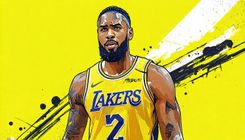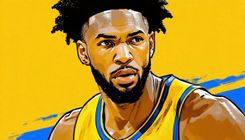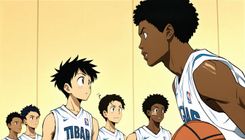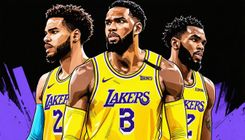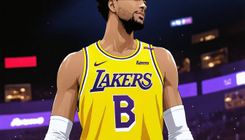The Impact of Franchise Ownership on Professional Sports

Owning a professional sports franchise is a multifaceted endeavor that combines significant financial investment with deep emotional involvement. This intricate balance has led to challenges within front offices across major North American sports leagues. Owners, personally invested in their teams, occasionally find it difficult to maintain a purely observational role, which can complicate decision-making processes, leading to instances of micromanagement.
Francesco Aquilini's acquisition of a 50 percent stake in the Vancouver Canucks in November 2004 serves as a notable example of an owner whose hands-on approach has drawn criticism. Under his ownership, the Canucks remained consistent playoff contenders for around ten years; however, reports indicated that Aquilini's impulsivity often disrupted internal operations. An NHL executive once described him as 'impulsive' and 'unrealistic,' suggesting that his desire to influence trades and player contracts contributed to a tumultuous management environment. Allegations of dysfunction within the franchise were not uncommon, although recent years have seen a reduction in such controversies as the organization seeks stability and success.
In a similar vein, James Dolan of the New York Knicks has publicly committed to a more hands-off approach in recent years. His previous involvement drew widespread scrutiny during a period when the franchise struggled to secure long-term success. Under Dolan's leadership starting in 1995, the Knicks experienced inconsistent performance, with frequent coaching changes and a failure to attract star players. The team's inability to progress beyond the second round of the NBA playoffs since the 1998-99 season has only compounded criticism of Dolan's management style. However, with the recent appointment of coach Tom Thibodeau and general manager Leon Rose, the Knicks have shown signs of competitiveness that may indicate a positive trajectory moving forward.
Another owner who has come under scrutiny for his management style is Jimmy Haslam of the Cleveland Browns. Since purchasing the team in 2012, Haslam has faced criticism for his frequent interference in front-office decisions. His involvement in high-profile player acquisitions and coaching hires has often seemed impulsive. For instance, Haslam played a significant role in the team's decision to draft Johnny Manziel and ultimately hired coach Hue Jackson, who led the Browns through dismal seasons. However, recent reports suggest that Haslam has adopted a more restrained approach to decision-making since coach Kevin Stefanski took over in 2020, culminating in the team's playoff return in 2023 after an 18-year drought.
The situation within the New York Jets has become precarious, particularly as troubling reports have emerged following a disappointing 2024 season. Owner Woody Johnson has reportedly vetoed player contract extensions and limited the hiring of new front-office staff, leading to considerable unrest. Johnson's controversial choices, including the suggestion to bench quarterback Aaron Rodgers and the unilateral decision to fire coach Robert Saleh, have added to a history of instability for the franchise. Notably, the Jets have not reached the playoffs in 14 consecutive seasons, underscoring the challenges that have plagued the organization under Johnson's ownership.
Jerry Jones, the enduring owner of the Dallas Cowboys since 1989, exemplifies an ownership model characterized by direct involvement in team management. Although Jones enjoyed tremendous success during the Cowboys' 1990s dynasty, his era has been marked by a struggle to replicate that success in recent years. The team's last appearance in the NFC Championship Game occurred in 1995, a significant drop from the high peak of 1990s achievements. The power dynamics between Jones and former coach Jimmy Johnson are well-documented and have been cited as contributing factors to Dallas's declining fortunes.
Finally, Vivek Ranadive's ownership of the Sacramento Kings since purchasing a majority share in 2013 has seen significant turnover and difficulties in establishing stability. Despite not being directly responsible for the team's early struggles, Ranadive's hastiness to change key personnel led to a series of coaching changes that further complicated the Kings' efforts to return to postseason contention. While the hiring of general manager Monte McNair in 2020 appeared to signal a new direction, the recent decision to part ways with coach Mike Brown, following two consecutive seasons with over 46 wins, raised eyebrows about the team's approach to management and strategy.
Concisely, the experiences of these owners in their respective franchises illustrate the complex interplay between ownership involvement and franchise success. The challenges they face underscore the delicate balance required for effective team management in the competitive landscape of professional sports.

